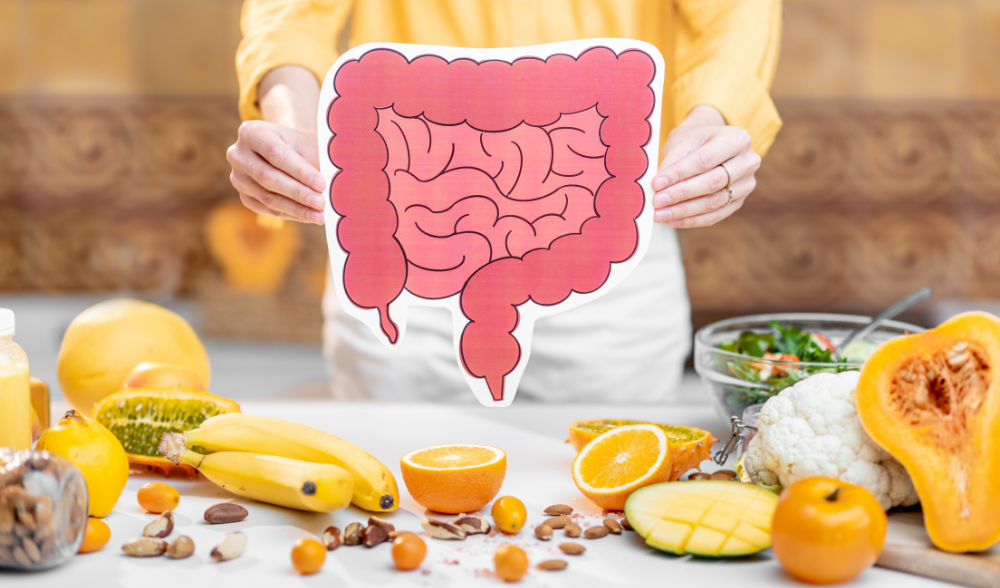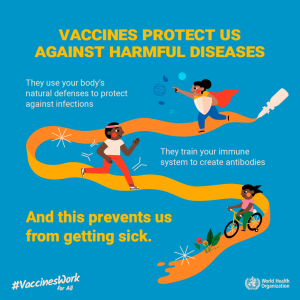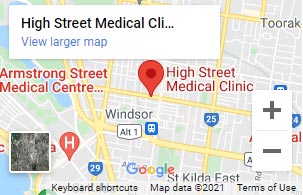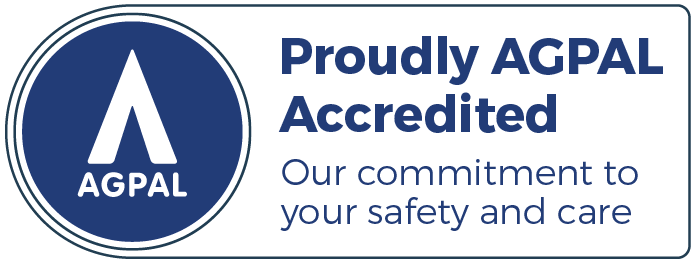Table of Contents
Bowel Cancer is Australia’s second-deadliest cancer and, sadly, claims the lives of 101 people every week. It does not differentiate between young or old, but there are modifiable factors that you can do to lower your chances of developing bowel cancer.
What is bowel cancer?
Bowel cancer (also known as colorectal cancer) is a type of cancer that forms in your intestinal tract. It occurs when cells start to grow abnormally and form a tumour.
Four stages of bowel cancer
Stage 1: Cancer cells are present only in the bowel wall
Stage 2: Cancer cells have spread to the outer surface of the bowel wall
Stage 3: Cancer cells have grown to lymph nodes near the bowel
Stage 4: The cancer has spread beyond the bowel to other organs such as the lungs or liver. This is when cancer has metastasised.
90% of bowel cancers can be treated successfully if detected early.
Risk factors
There are numerous risk factors for developing bowel cancer, which include:
- An unbalanced diet of eating too much red or processed meat. This also includes eating charred meat.
- Smoking
- Family history can increase your risk of developing bowel cancer. These include inflammatory bowel diseases such as Crohn’s disease, ulcerative colitis, and having a family history of bowel cancer or polyps in the colon or rectum. Additionally, a family history of cancers in other body systems near the digestive system can also be a risk factor, such as a family history of ovarian cancer or other digestive cancers.
- Certain genetic disorders include FAP (familial adenomatous polyposis) or Lynch Syndrome (hereditary non-polyposis colorectal cancer). These are genetic mutations that can lead to the development of bowel cancers.
- Being overweight or having a high BMI can predispose you to bowel cancer.
- High alcohol consumption
- Type II diabetes
- Older age
What can you do to prevent bowel cancer?
Many of the factors that put you at risk of bowel cancer are modifiable, which means you can lower your chance of getting bowel cancer. Here is a list of things you can do to reduce your chance of developing bowel cancer:
- Avoid environmental tobacco smoke and cease smoking
- Increase the amount of vegetables, fruits and whole grains. Foods that are rich in dietary fibre have been shown to reduce bowel cancer.
- Exercise daily for at least 30 minutes
- Limit your consumption of alcohol to no more than 2 standard drinks in any one day
- Maintain a healthy weight
- Use the free government bowel cancer screening program every 2 years if you are over the age of 50
Today, book an appointment with one of the GPs at HSMC to be screened for bowel cancer.
More information on bowel cancer can be found here.












